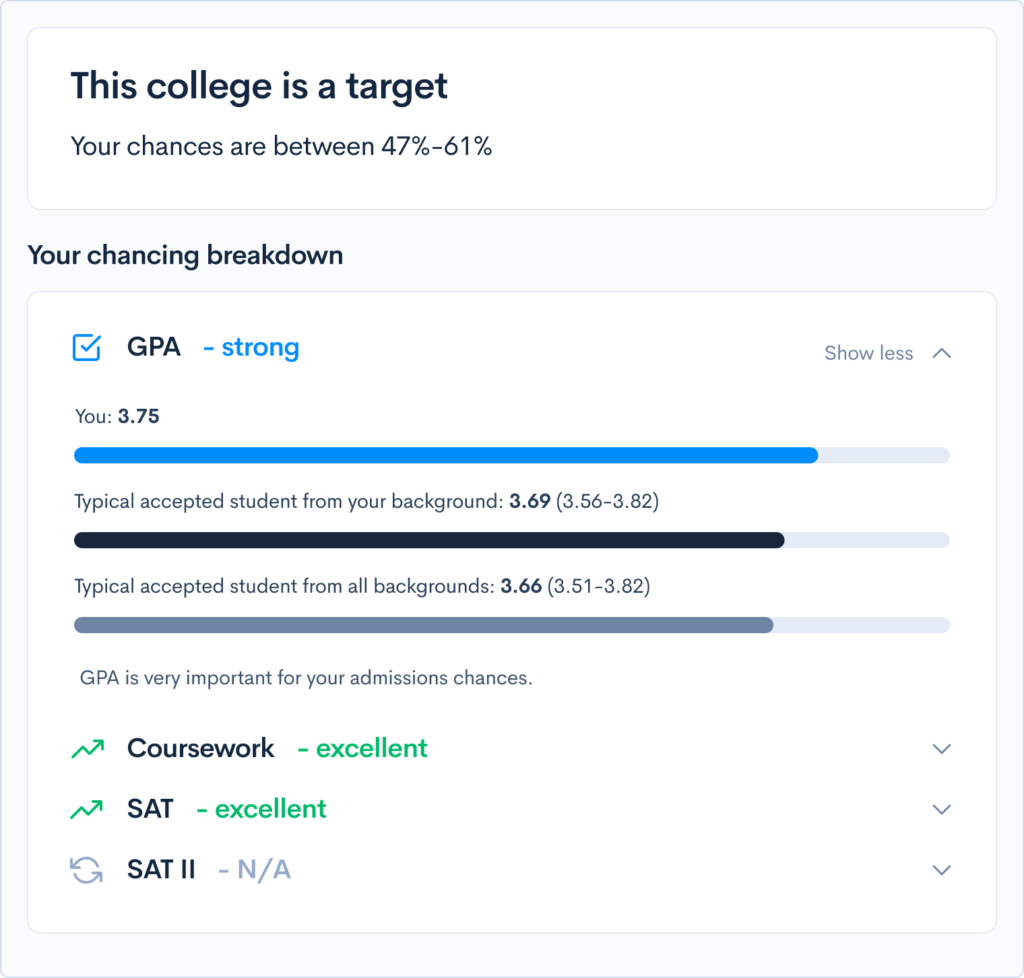How to Become a Librarian: Steps to Take from High School
What’s Covered:
My love of reading led me to volunteer at my local public library when I was in middle school. Then, after graduating from college, I landed my first full-time job at a library science professional development publisher. These roles (more the latter) showed me that there’s much more to librarianship than meets the eye.
Librarians know more than you can possibly imagine. And as gatekeepers to information, they help you learn, too. There’s also a wide variety of careers open to people with a master of library and information science (MLIS) degree. I even have a friend who took her MLIS to work at Facebook!
Piqued your curiosity yet? Keep reading to find out all about the world of library science and how to become a librarian.
What Does a Librarian Do?
There are plenty of areas in which librarians can specialize. A public librarian, for example, works at a public library. An academic librarian, meanwhile, works in a college or university setting, while a school librarian is an educator in primary or secondary school systems. Research librarians, as you might imagine, assist patrons with their research, helping them find relevant materials. Those who focus on reader’s advisory recommend books and media to patrons. And the list goes on.
No matter what the specialty, librarians are there to help people find information and materials. The day-to-day schedules will vary, but general tasks might include a blend of answering questions, locating materials, developing programs, assisting people with technology, and more.
As librarians advance in their careers, they may gain more oversight and responsibilities, managing other staff and even entire facilities.
How Much Do Librarians Make?
The Bureau of Labor Statistics reports that librarians make $60,820/year on average. However, the salary range varies widely based on specialty, experience, location, and many other factors.
The BLS also notes that demand for the profession is expected to grow 5% from 2019–2029, faster than average.

How to Become a Librarian: Steps to Take from High School
High School
There are no particular requirements you need to fulfill in high school in order to prepare for a career as a librarian. Still, this is a good time to develop important professional skills and qualities you’ll need later on.
Digital literacy and technology skills are pivotal for librarians. Contrary to what you may believe, technology plays a huge role in librarians’ work. They must use digital systems regularly, as well as inform and educate their patrons. They also need to be able to separate fact from fiction, especially in a digital context.
You can also gain exposure to the world of librarianship by volunteering at a library. While this isn’t very glamorous — I spent a lot of time shelving books — it’s useful to see librarians in action, and you’ll be able to observe the kinds of work and responsibilities you might have later on.
College
While some colleges do have bachelor’s degrees in library science, you can choose among a host of majors as an undergraduate. You do need a bachelor’s degree in order to apply to graduate school, though. This is a great time to explore your interests and consider different specialties.
Consider factors other than the specific programs available when building your list. For example, selectivity, location, size, extracurriculars available, and other criteria should play a role, too. CollegeVine’s free school-selection tool can help you find the best fits.
Spend your undergraduate career learning more about library science. This will also help you figure out how and where you might specialize later on. For example, if you’d like to work with kids, think about becoming a children’s or school librarian. You can explore these interests further through extracurricular activities, such as tutoring or, again, volunteering at a library.
Graduate School
Apply to graduate schools with MLIS programs accredited by the American Library Association (ALA). Also, look for programs that cover your area of interest, although you don’t need to have completely determined your focus when selecting a graduate school. According to U.S. News, the University of Illinois–Urbana-Champaign, the University of North Carolina–Chapel Hill, the University of Washington, and the University of Maryland–College Park are great laces to pursue a MLIS degree.
During your program, you’ll study different areas of library and information science and gain a wide range of knowledge.
Get Certifications (if Necessary)
Some specialties require certifications. For example, if you’re planning to become a school librarian, you’ll need to get certifications according to your state requirements.
Organizations like the ALA also offer certifications such as Certified Public Library Administrator, intended for librarians who want to enhance their leadership skills.
If you’re interested in becoming a librarian, know that it’s a well-respected profession — one that’s vital to numerous aspects of our lives.
Getting into a good college is one of the first steps toward becoming a librarian. If you’re wondering what your odds are at the school that you think will put you on the right path, CollegeVine can help. Our free chancing calculator takes into account stats like GPA and standardized test scores, along with more holistic factors like extracurricular activities to predict your odds of admission at more than 500 colleges and universities.


